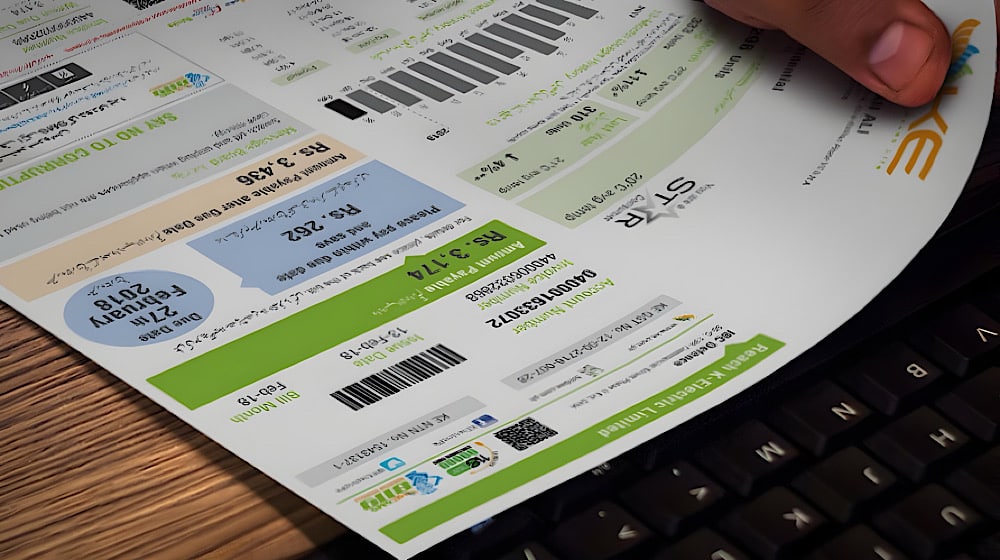Pakistan’s tax collection through electricity bills dropped to Rs490 billion in FY 2024-25, a Rs110 billion decline from the previous year’s Rs600 billion, according to provisional FBR data. Officials attribute the decrease to rising solar panel installations and reduced industrial power demand amid economic contraction. The salaried class, however, contributed Rs552 billion—a sharp Rs185 billion increase—highlighting growing reliance on individual taxpayers.
The Economic Survey 2024-25 reveals a 3.6% drop in national electricity usage (80,111 GWh vs. 83,109 GWh), driven by high tariffs, solar adoption, and sluggish industrial activity. Households now account for 49.6% of consumption (up from 47.3%), while industrial use plummeted to 21,082 GWh from 28,830 GWh. This shift underscores challenges in maintaining tax revenue from traditional power billing.
The FBR collected Rs235 billion from property transactions (Sections 236C & 236K), up from Rs194 billion last year. Meanwhile, the corporate sector contributed Rs3.8 trillion, with banks alone paying ~Rs1 trillion in income tax. Despite these inflows, the FBR faces pressure to enforce stricter measures to meet its ambitious Rs14.131 trillion target for FY 2025-26.
With industrial slowdowns and solar adoption eroding electricity-based taxes, authorities plan to intensify enforcement. However, reliance on salaried individuals—who already bear a heavier burden—raises equity concerns. As Pakistan navigates energy transitions, balancing tax policies with economic realities will be critical to sustaining revenue streams.


